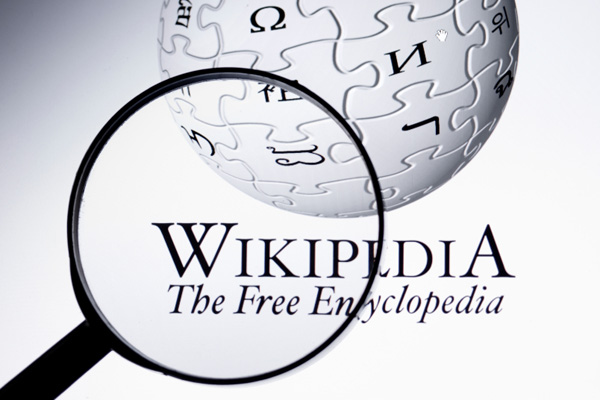3Qs: The Wikipedia effect on presidential politics

[media-credit name=”Joseph Reagle” align=”alignright” width=”150″] [/media-credit]Let the editing begin. The day presumptive Republican presidential nominee Mitt Romney announced that Rep. Paul Ryan of Wisconsin would be his running mate, Ryan’s Wikipedia page received a flurry of edits, some of which were biased or inaccurate. We asked Joseph Reagle, an assistant professor of communication studies in the College of Arts, Media and Design, to discuss Wikipedia’s role in modern politics.
[/media-credit]Let the editing begin. The day presumptive Republican presidential nominee Mitt Romney announced that Rep. Paul Ryan of Wisconsin would be his running mate, Ryan’s Wikipedia page received a flurry of edits, some of which were biased or inaccurate. We asked Joseph Reagle, an assistant professor of communication studies in the College of Arts, Media and Design, to discuss Wikipedia’s role in modern politics.
Mitt Romney’s selection of Rep. Paul Ryan as his running mate sparked a flurry of edits to Ryan’s Wikipedia page. What tends to happen to the page of a public figure whose prominence has increased so rapidly, and how do editors work collectively to come to a consensus?
In the 2008 election, Wikipedia’s biographies of Joe Biden and Sarah Palin received many edits just before each was named as a vice presidential nominee, leading some to wonder if Wikipedia could be used to predict nominations this time around. This is now a known phenomenon, however, and smart teams that do not wish to reveal their hands likely spread out their edits in time and over possible candidates. What’s more, Wikipedia has become more established over the last four years, prompting politicians to be concerned about their articles even before receiving such a nomination.
Nevertheless, as soon as news of Ryan’s nomination leaked to the public, a statement from his yearbook declaring him the “biggest brown-noser” was removed and then replaced from his Wikipedia biography. More than 5,000 words of discussion followed on the article’s Talk page and on the Biography of Living Persons noticeboard. In the end, much of the detail about his high-school years was compressed and the “brown-noser” statement was removed. His biography is now “semiprotected,” meaning that it can only be edited by someone with an account (rather than anonymously) that is four days old and has made at least 10 edits.
What role does a collaboratively edited resource like Wikipedia play in politics? How does it affect how politicians and campaigns are able to control their images and reputations?
There is now a whole industry dedicated to managing one’s (or one’s clients) online reputations, including on web sites such as Wikipedia. Some of the edits no doubt conflict with Wikipedia’s biographical and conflict-of-interest policies, and high-profile people are more likely to be watched. Nevertheless, it’s not uncommon for questionable edits to be made.
Is Wikipedia a reliable source for political information? How can users know whether information about policies and politicians is accurate and unbiased?
There are a few simple tips that many people are unaware of for verifying the veracity of statements made on Wikipedia. For one, the top of an article will often say if content is contentious or considered lacking. To read about such disputes and concerns one should look at the conversations between the contributors on the article’s “Talk” page. Finally, contentious claims should be sourced; if they are not, don’t trust them — and if they are, double-check the sources on your own.





